Gimme Shelter: My History With The Fallout Series (Part One)
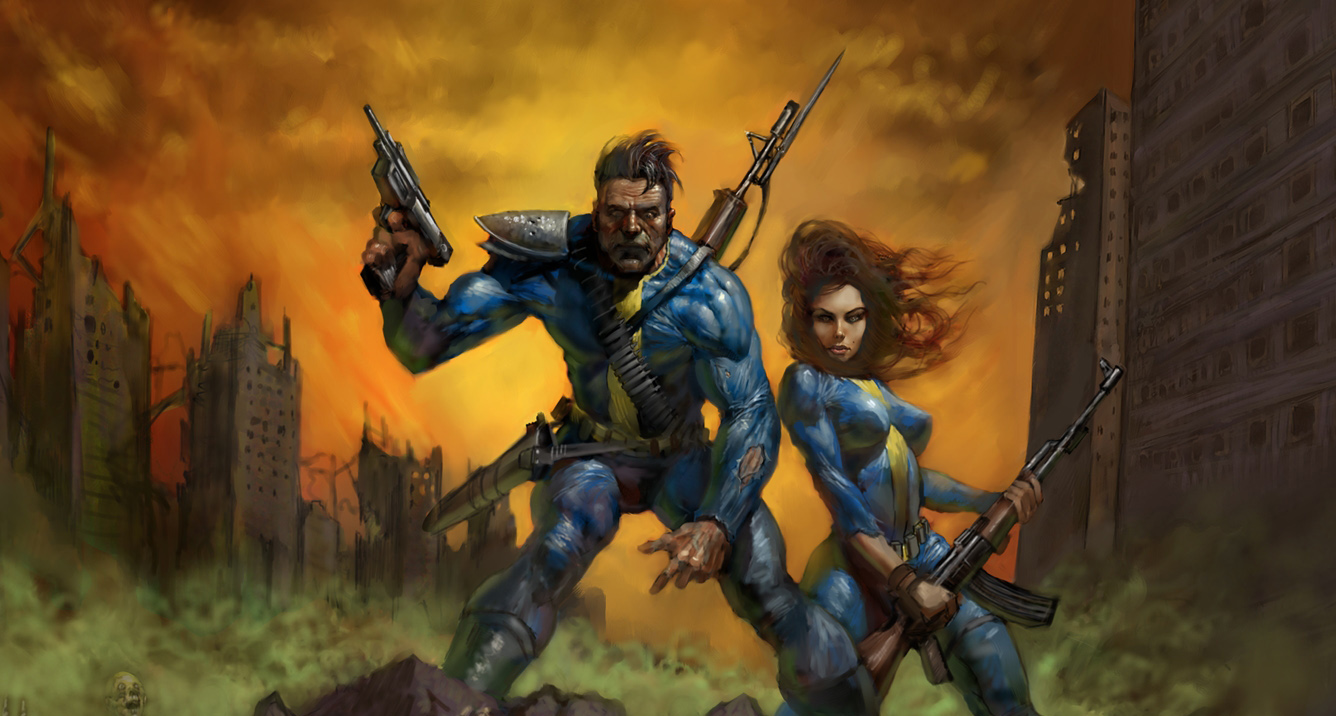
1997: a year where an awesome bunch of PlayStation videogames pop up. Also it was a glorious age for CRPGs what with Baldur’s Gate and all these D&D games coming out. Oh and also a tiny Blizzard game called Diablo making its mark.
Me? I love all of them in their own special ways, but Interplay’s Fallout was the one that decided to forgo the swords & sorcery motifs and go straight for the post-apocalyptic setting.
And it did in a big way. With so many morality choices that affected the game’s endings and a turn-based combat system ( or the semi-action V.A.T.S system for the later entries) as well as an engaging setting, it’s no surprise that Fallout is a blast to play.
What I’m going to do is basically the same thing we’ve done for our “Rank The Best Games In The Series”, but in chronological order before deciding which ones are the top dog(meat). So Happy Reclamation Day; let’s celebrate the release of Fallout 76 by looking back at the best and worst of the series.
Fallout (1997)
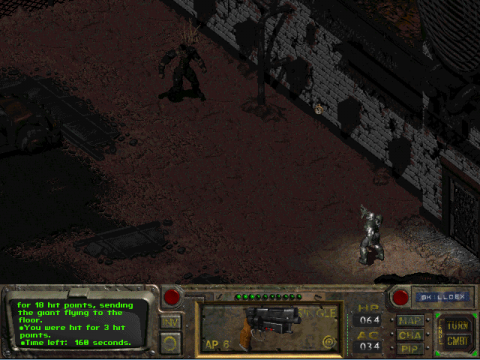
The story here is simple: find the water chip before the Vault you’re from dies from dehydration. After fixing that problem, you then have a supermutant crisis that needs to be solved within a few hundred days lest they conquer the wasteland. What you do in-between is the best part of the first game: there are many side stories and side quests to keep you busy while you’re out saving the world.
The time limit is pretty generous to be frank; you’ll definitely get your share of awesome missions like liberating a town from an army called the Regulators or sorting out a town’s power struggle between a sheriff and a rich casino owner.
The beauty of CRPGs like these back in the day is that they can delve into any topic in such detailed text, be it politics or even ethical dilemmas. Fallout started hammering the point where your decisions in shaping the wasteland matters. I mean sure you can go around and kill things in the wasteland and not worry about linearity.
But here in the first game, it’s non-linear in the sense that all your problems have multiple solutions and all your skills that are determined at the start of the game are useful in some shape or form. Different playstyles should be possible, though the decisions you make will have some ramifications down the road.
That’s why a lot of fans love the early games: there were a lot of those situations that have no right answer. If you choose to deal with slavers in a town, the place will prosper but not without some consequence of sort. If you decide to take a water chip from a town and not repair their water system, you’ll doom that town to dehydration. So many moral choices, so little time.

What also set this first entry apart from other CRPGs is that once you’ve decided on your stats via the SPECIAL mechanic, you’re stuck with them. You cannot choose to be a gun-slinging endurance-heavy warrior at the start and then morph to a smooth-talking silent assassin; it’s either one or the other all the way through.
Of course, the other key feature that sells the game is its art deco aesthetics meshed up with the post-apocalyptic. Your Mr Handy robots are as retro as they can get, and the “war never changes” speech by Ron Perlman is harrowing and sets the stage and history of the Fallout game you’re playing. That’s been the key feature of each series, and seeing it for the first time in the first game is a sight to behold.
My only gripe? While the turn-based combat is fine and all, there are times when you have to lead an army and it’ll take a while until everyone’s done with their actions and turns. Managing your NPCs is also a pain since they don’t have a separate stat bar of their own. Oh, and the graphics might be a turn-off for some millennials, though personally it’s aged pretty well since it’s pretty detailed from the in-game animation to the UI.
Other than that, Fallout is a great starting point for bigger and better things. It earns its place in history as one of the most important RPGs in gaming culture history next to Ultima IV, Final Fantasy VI, and Star Wars: Knights of the Old Republic.
Fallout 2 (1998)
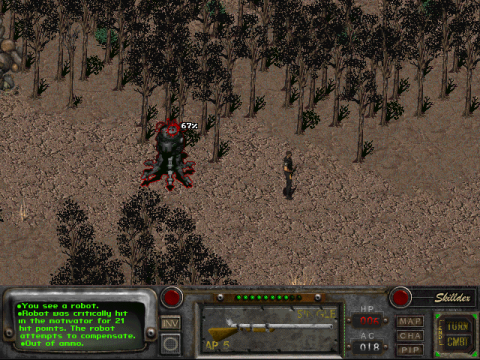
A year later, PC gamers get to play the sequel. Fallout 2 bigger and better, and also took out the mandatory time limit. This means more freedom for you to find what you’re looking for -the GECKO chip-, and get a bunch of side-stories and sidequests done. Speaking of which, the scope of your quests are bigger than ever, with each major town you visit having multiple optional quests that interconnect with one another.
The game is a little sillier with pop culture nods and even some dark comedy bits, but nothing too jarring that ruins the experience. Just like the first game, the main plot is cool and all but the side stories and multiple quests make up the meat of the game. You get to side with one of the four criminal families in New Reno, rebuild old America by working with the New California Republic (formerly Shady Sands from the first game), and even sort out the elitism of Vault City.
What Black Isle Studios lacked in new graphics and interfaces, it made it up with a messload of narrative, memorable characters like Marcus the friendly super mutant and Myron the kid who made Jet, and even a ton of random encounters too bizarre to describe while you’re wandering the wasteland.
My favourite bit was being berated by a drill sergeant when you had to go undercover as an Enclave soldier near the end of the game.
Fun times. Another cool thing? If you’re dilligent enough, you can finish a sidequest which earns you a nuclear-powered car that will lessen travel time between locations and features a trunk that stores your loot and weapons.
Fallout Tactics: Brotherhood of Steel (2001)
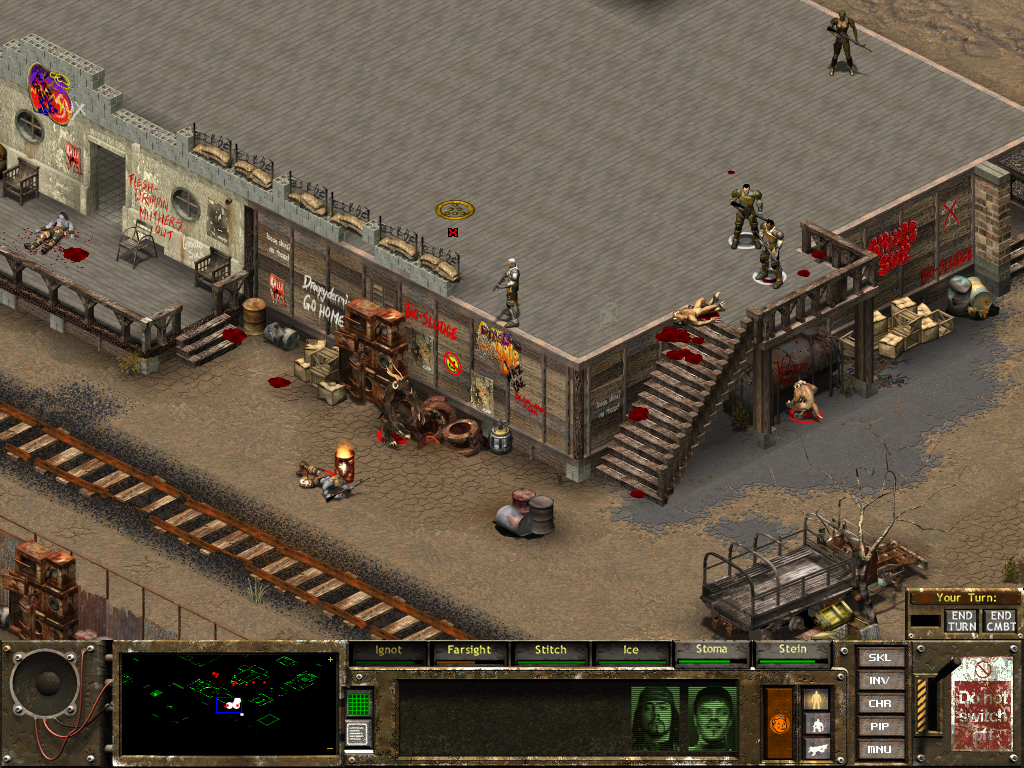
I didn’t play much of this, but I’ve heard mixed reviews about it. Combat in Fallout 1 and 2 isn’t entirely spectacular, so why make a full-fledged Fallout spinoff focused on that and featuring a rather lenient Brotherhood of Steel faction? And also make it a linear game in the process?
It had the best of intentions, but really you’ll play it and then forget about it the next day.
Fallout Brotherhood of Steel (2004)
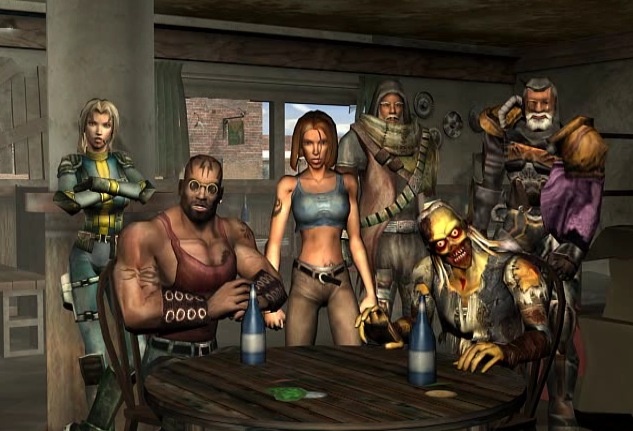
Talk about going off the rails with a spin-off. While Fallout Tactics at least tries to adhere to the setting of Fallout 1 and 2, this PS2 action RPG game just fudges with it. The moody atmospheric music is replaced by 00s rock, the graphics are just plain ugly, and the gameplay is braindead to the point where you can just power through the game without any thought put into your actions.
Essentially it’s a reskin of Baldur’s Gate: Dark Alliance and even then that game was kinda decent. There’s no thought or love put into this cash-in. For shame.
Stay tuned for part 2 tomorrow. We’ll tackle Fallout 3 onwards.Â
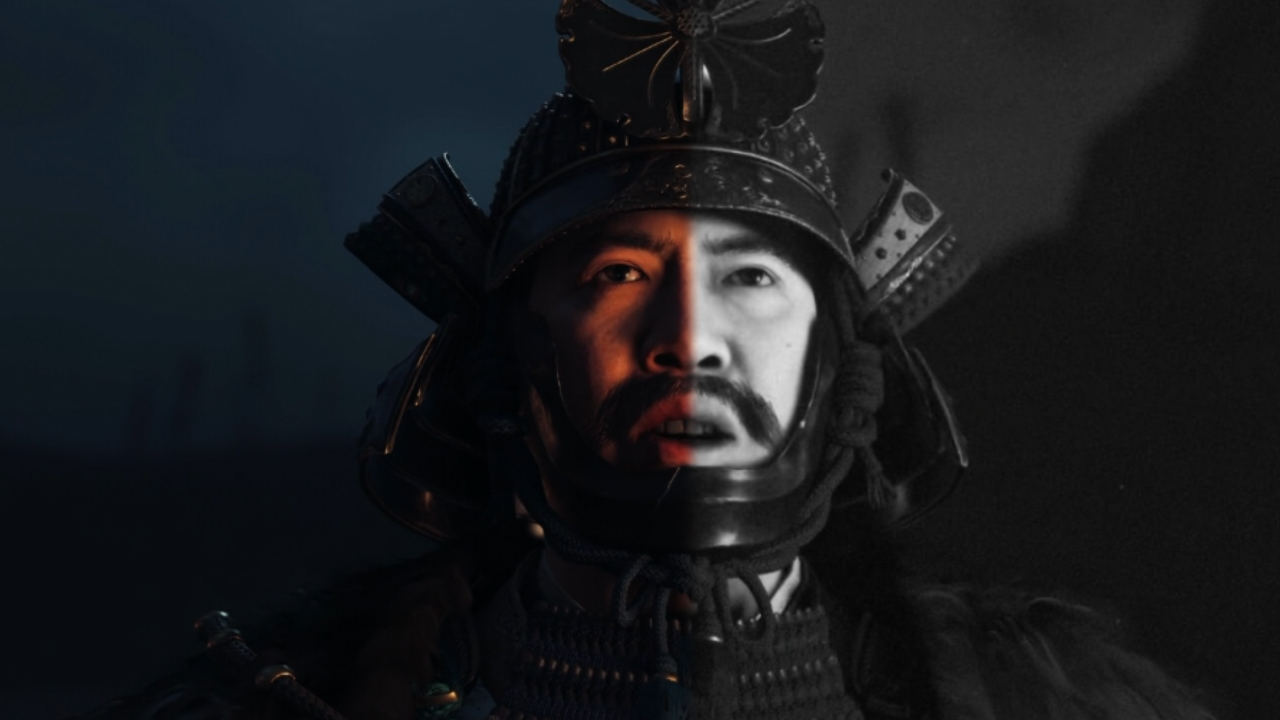
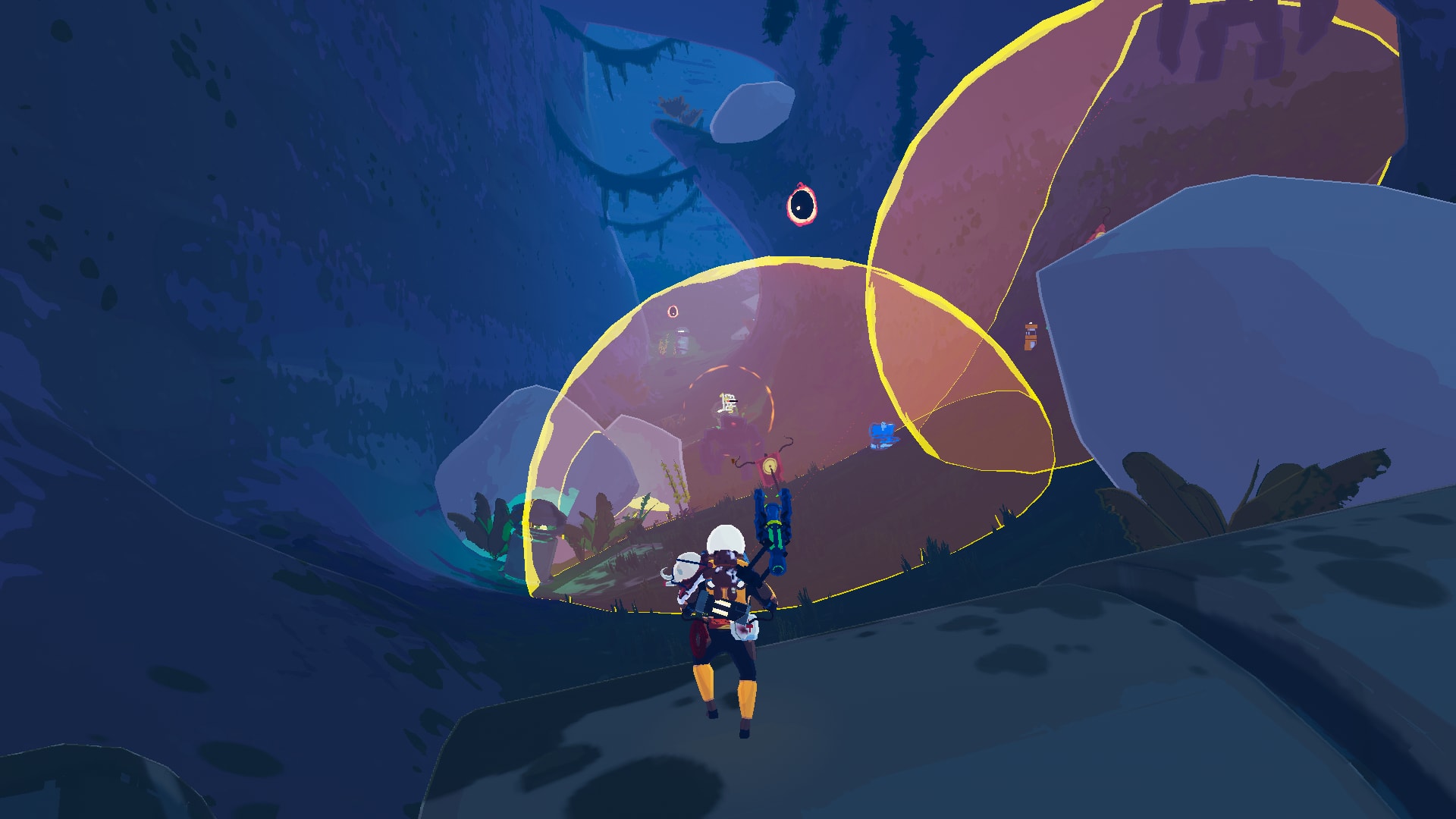
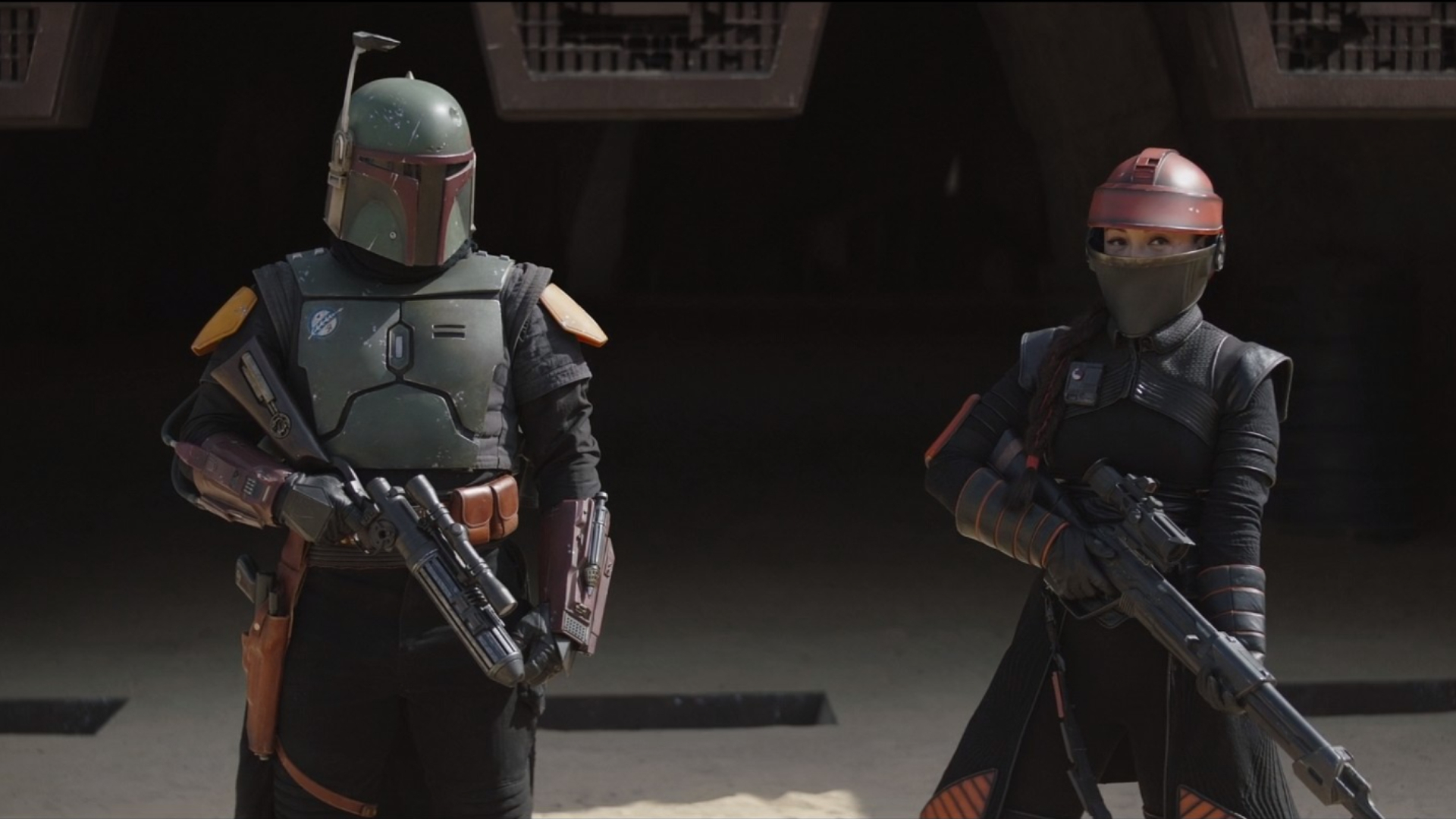
Leave a Comment